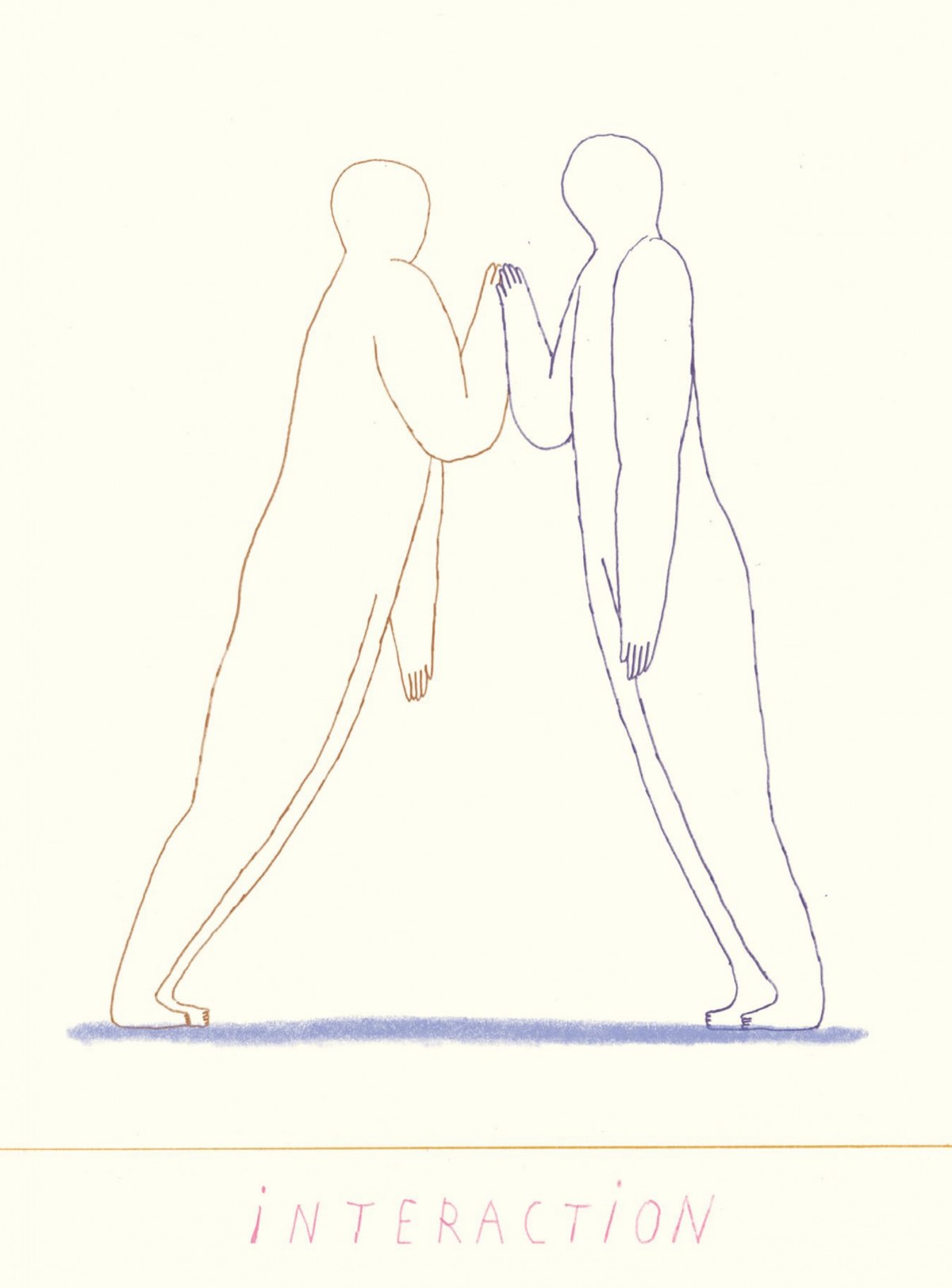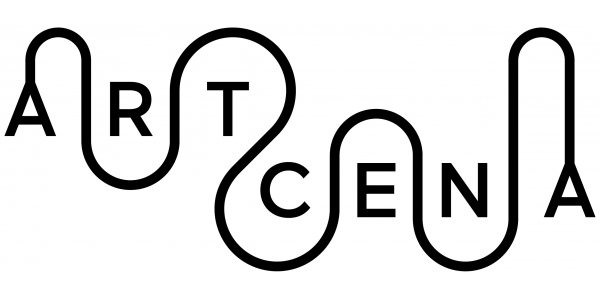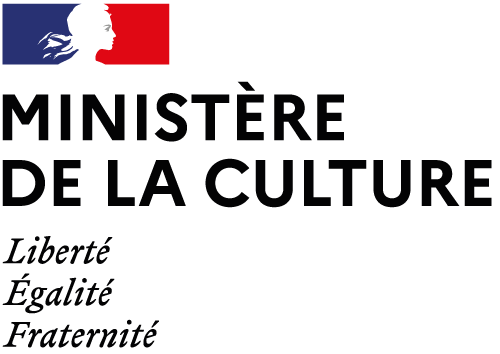20 STORIES OF CIRCOSTRADA - CELEBRATING THE 20TH ANNIVERSARY OF THE NETWORK: Breakthrough to the Balkans - AN ARTICLE BY Nikola Mijatović

I remember the day Circostrada first came to the Balkans – the Region where I live and work. It was as part of the New Circus Festival organised by Ivan Kralj in 2009. I received an invitation to participate in the meeting and present the work and activities of Cirkorama, then a young circus organisation in Zagreb. I must admit that, at the time, I was not aware of what Circostrada was, or its role in the context of global circus movements and cultural policies related to circus and street arts. At that moment I was a young artist, dropped into a room as if from Mars, where some serious older people talked about networking, government policy, circus as art, project funding, state and local grants for circus artists, circus schools... everything what was for me, at that moment, secondary and not very familiar. My reality then was Medika — a squatted venue in the centre of Zagreb, where a few of us built the first circus space in the city, a space where we could train, create and perform circus, a space where we created street shows, a space where we held countless workshops, a space where we felt free to do whatever we wanted. At the Circostrada meeting everything was quite strange and confusing. I felt as if we were not all on the same wavelength — we certainly did not have the same problems, we were not united by common history. I had the impression that the Western European circus did not understand the Eastern European circus at all. Still, I was interested in how it could be possible for us, as wild Easterners who do their own thing and who hardly fit into Western European standards, to be accepted beyond the borders of our Region, for our work and art? Many years passed until my next Circostrada meeting, which was again in Zagreb as part of the New Circus Festival, this time in its last edition in 2016, where I spoke on a panel on local and regional initiatives. During the intervening years I hadn’t thought much about Circostrada. I had just tried to survive from the art I do as a performer, and I was primarily focused on the collective of which I am a member — the CirkoBalkana collective. But it was after this Circostrada meeting in Zagreb that Cirkusfera from Serbia, and ROOM 100 and Cir- korama from Croatia, became members of Circostra- da network and the circusnext platform. Somehow it seems to me that since that moment things have become much more professional for those of us who work in the sector of contemporary circus and street arts, and who come from the not so far east of Europe. Various opportunities are opening up for artists and organisations from our sectors. There is a stronger and faster flow of information, new opportunities for cooperation are opening up — both regionally and on the European level. Institutions in our region look at artists and organisations from our sectors with new eyes… In 2023, Circostrada’s AGM was hosted for the third time in Croatia, this time at the Peculiar Families Festival in Split. For us as a Region, this was an extremely important event for several reasons, primarily because as a team of people who gathered to organise the event we really functioned flawlessly. We also proved that we are a Region that has something to show in terms of performance — with Balkan artists performing their creations at the festival. This breakthrough to the Balkan (East) was a complete hit and happened at the right moment, and I think the time has come when the West begins to open its doors to the incoming forces of the Southeast of Europe.
Programme coordinator of Cirkorama, Croatia






write us: infocircostrada@artcena.fr